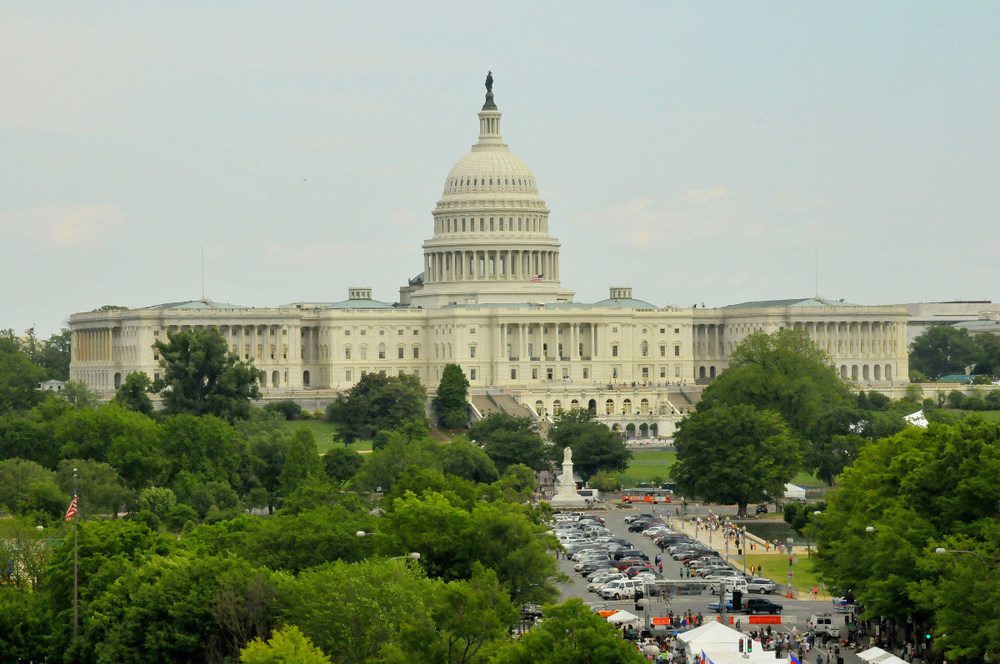Prosecuting Human Trafficking in the United States: State and Federal Jurisdictions

Since 2000, efforts to fight human trafficking have been actively pursued through legal means in the United States, especially through criminal prosecution. In 2000 the United States enacted the Trafficking Victims Protection Act (TVPA), which defined the crime of human trafficking. In 2003, Washington became the first state to criminalize human trafficking. And in 2013, Wyoming became the 50th and last state to outlaw human trafficking. But what does it mean that human trafficking is a federal and a state crime? Why is it set up that way? And most importantly, is the system working?
Discussing whether a state court or a federal court can hear a case requires looking at subject matter jurisdiction, which describes the ability of courts to hear a case. The U.S. Constitution limits federal courts to hearing criminal cases that fall under the scope of federal law or the Constitution. The Constitution also limits the types of federal criminal statutes that Congress can enact. For example, the Constitution explicitly gives the federal government the power to enact laws related to crimes on the high seas, counterfeiting, piracy, and treason.
Policing public morality is traditionally falls within the states’ police powers. However, since 2000, the federal government has added human trafficking to its list of federal crimes. Congress has relied on two areas of the Constitution in upholding its power to pass anti-trafficking legislation: the Thirteenth Amendment and, more frequently, the Commerce Clause. The Thirteenth Amendment explicitly abolishes slavery and involuntary servitude, thus most critics argue as long as anti-trafficking statutes includes the element of “force, fraud, or coercion” it falls within the powers granted to Congress under the Thirteenth Amendment.
Justifying the federal regulation of human trafficking under the Commerce Clause, however, requires a more attenuated argument. The Commerce Clause of the Constitution gives Congress the power “to regulate commerce with foreign nations, and among the several states…” Courts have ruled that in order for Congress to enact laws using their power under the Commerce Clause, the regulated activity does not need to involve interstate commerce, so long as the activity has a “substantial economic effect on interstate commerce.”
The 2000 TVPA itself explicitly recognizes that “trafficking in persons” substantially affects interstate and foreign commerce” in order to justify Congress’s exercise of power under the Commerce Clause.
State courts meanwhile have general jurisdiction, meaning they can hear any case except those prohibited by state law and those set aside for federal courts. Typically if the charges are for a violation of federal criminal law, the defendant will be tried in a federal court, and if the charges allege a violation of state law, the defendant will be tried in a state court. If a crime violates both federal and state law, the defendant maybe tried once in state court and once in federal court.
Now that human trafficking is a federal crime and a crime in every state, how is this system working? There still are a lot of kinks. The large majority of trafficking prosecutions in the United States have occurred at the federal level. This has created a double standard for sex trafficking cases. States have more experience with prosecuting prostitution, and thus frequently mistakenly treat sex trafficking cases as prostitution. This can mean that many sex trafficking victims, whether they are domestic or foreign national victims, can be caught between “being viewed as a victim of trafficking under federal law and a prostitute under state law.”
Labor trafficking prosecutions are nearly exclusively occurring at the federal level rather than the state. State prosecutors explain that they would prefer to defer to federal prosecutors for labor trafficking cases because they more frequently include immigration concerns and immigration falls exclusively within federal jurisdiction.
However one of the biggest obstacles for state prosecutors seems to be the lack of experience. Without legal guidance, resources, or experience, prosecutors would rather prosecute cases using existing laws they were more familiar with, such as rape, kidnapping, or promoting prostitution.
Thus just having laws in the books isn’t sufficient. Increasing the prosecution of human trafficking cases requires both state and federal prosecutors who are poised to use the statutes that are now at their disposal.
Sarah Pierce is Program Manager at Human Trafficking Search.
